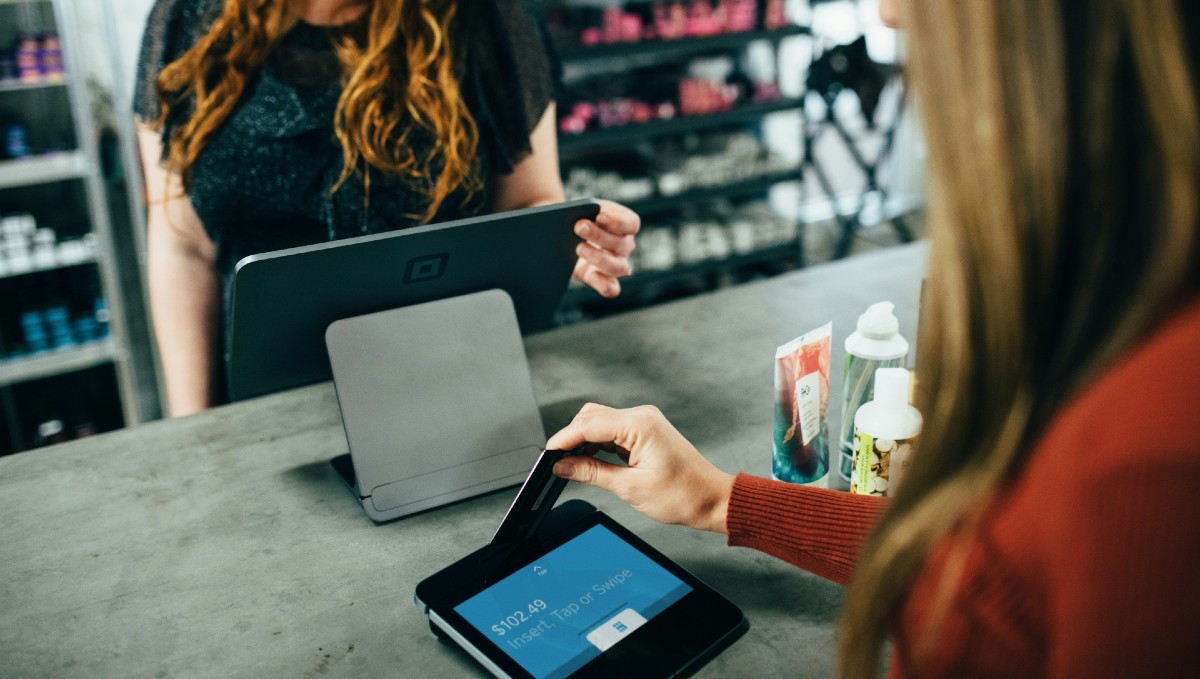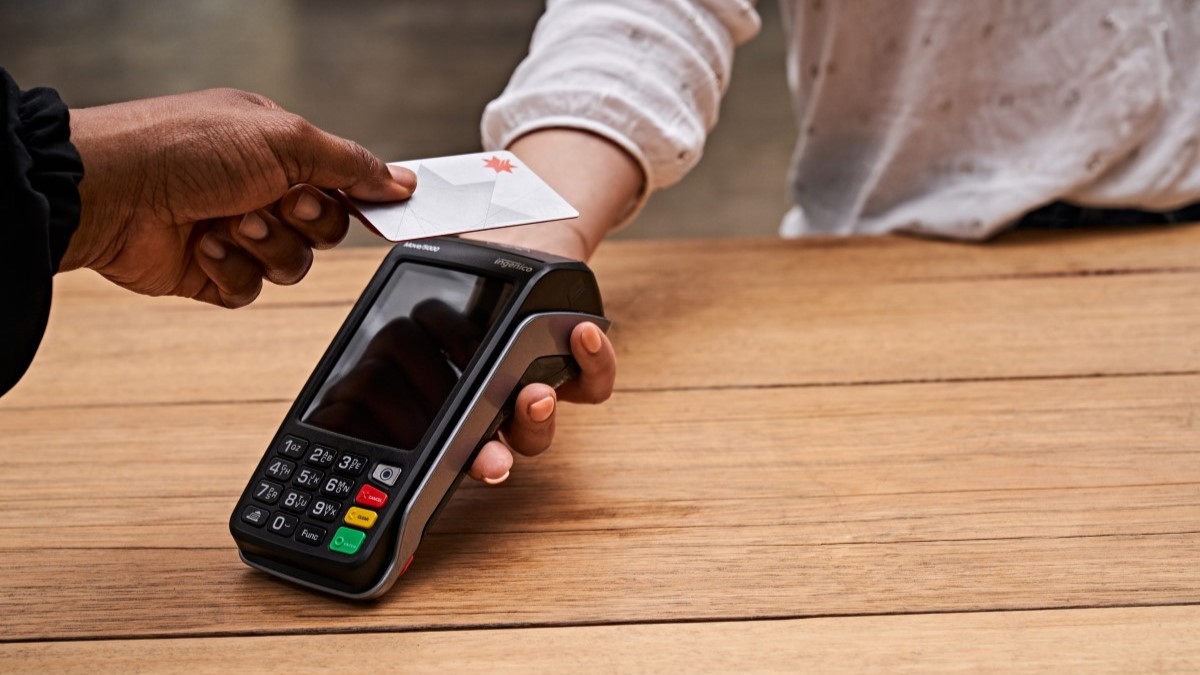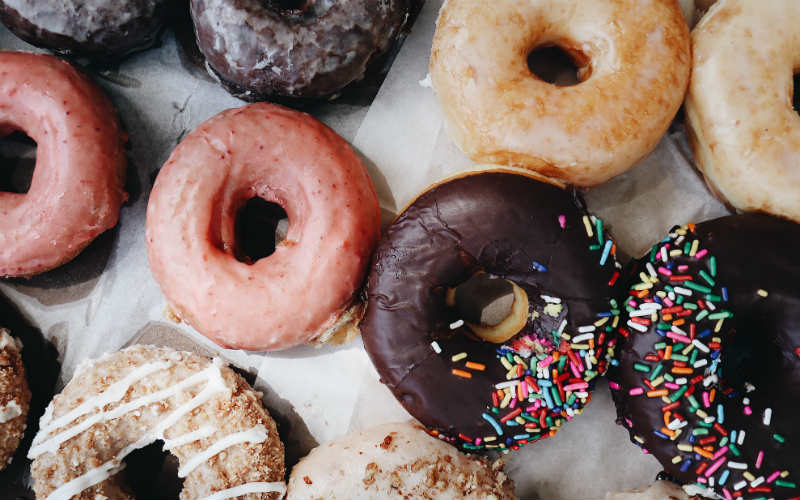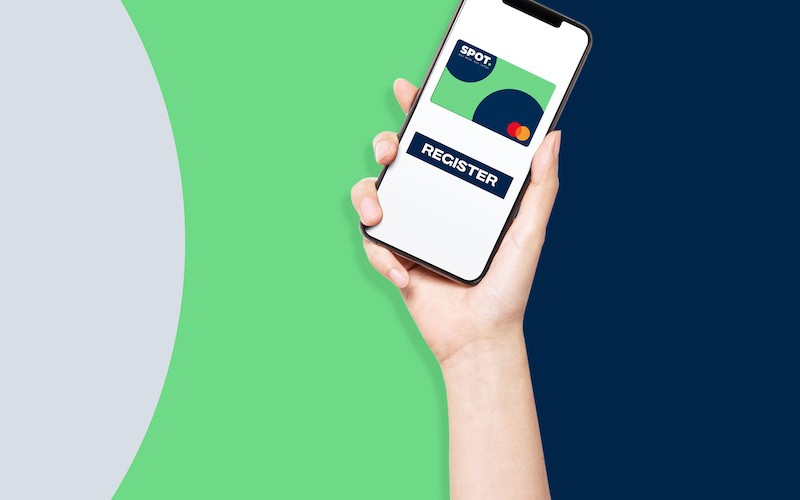Remember the bit of plastic hanging about in the far reaches of your wallet or purse? They got a workout in a shopping 'event' we borrowed from our trans-Pacific cousins.
Citi's monthly credit card index indicates credit card spending was 9% higher in November than October, and in the final week of November, card spend increased 21% against the prior week.
Rewards points spending also increased 51%, with the bulk (61%) of rewards points being put towards e-vouchers and gift cards.
Need somewhere to store cash and earn interest? The table below features savings accounts with some of the highest interest rates on the market.

- Bonus rate for the first 4 months from account opening
- No account keeping fees
- No minimum balance
Both CommBank's and Westpac's card trackers also indicate an uptick, particularly in late November, which the banks' economists attribute to easing COVID restrictions and Black Friday sales.
Westpac's 'card tracker' weekly index hit 110.5 for week ending 28 November, which is a new weekly high for the year.
November's discretionary spending outpaced essential spending (112.4 versus 105.7), which wasn't the case in neither September nor October.
CommBank's card spending is up 13% over the year for the fortnight to 4 December.
The only one of CommBank's categories to record a fall in spending in the fortnight was transport, which includes public transport (-2%).
The biggest gains were in household furnishings and equipment (+30%), and groceries (+20%).
Eating out at restaurants and cafes also recorded an 18% uptick, and alcohol spending via bottle shops was up 27%.
Citi's head of credit cards Choong Yu Lum put down the increased late November spend to Black Friday sales.
“November has been our clearest sign yet that Australia is on its way out of the woods and ready to get back to ‘spending as usual’ again," he said.
"It’s also an indicator that the way Australians shop in the holiday season is fundamentally changed, with the Black Friday sales seeing record engagement.
"Covid-19 is partly the cause of this, as more people than ever are comfortable with online shopping."
[See also: Are credit cards recovering in time for a Christmas splurge?]
Westpac's Matthew Hassan also said there's been a shift in what people spend on discretionary versus essential items.
"Card transaction flows across ‘essentials’ dipped, mostly reflecting expenditure switching from areas like basic food towards services such as hospitality," he said.
"For SA, activity fell heavily across both discretionary and essentials, the latter driven by an unwinding pre-lockdown stockpiling surge in the previous week.
"A further easing of local restrictions and interstate border controls should drive a continued lift in travel and hospitality activity."
CommBank's report also attributed a bump to Victoria's and South Australia's easing restrictions.
"There has been a general lift in recreation spend as well as eating and drinking out as restrictions are eased in the two largest Australian states," the report said.
"The easing of restrictions in SA has seen a lift in card spending in the state back to pre-lockdown growth rates."
Recent Pocketbook data indicates this year's Black Friday spending may have fallen short of expectations.
Photo by Clay Banks on Unsplash







 Denise Raward
Denise Raward

 Emma Duffy
Emma Duffy
 William Jolly
William Jolly
 Harrison Astbury
Harrison Astbury

